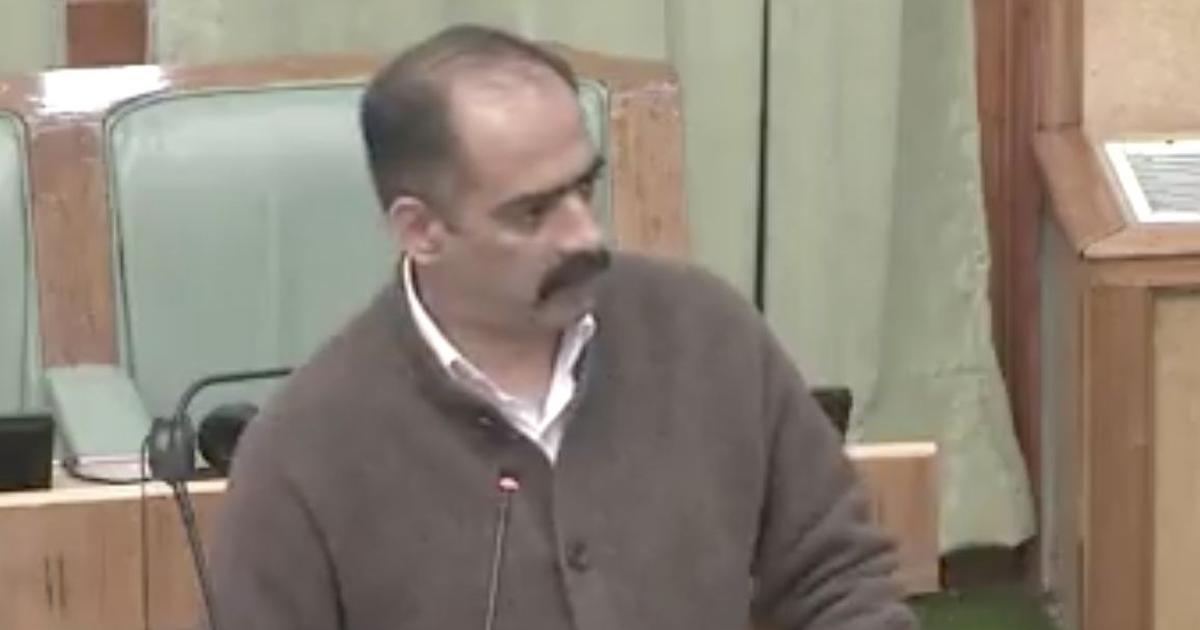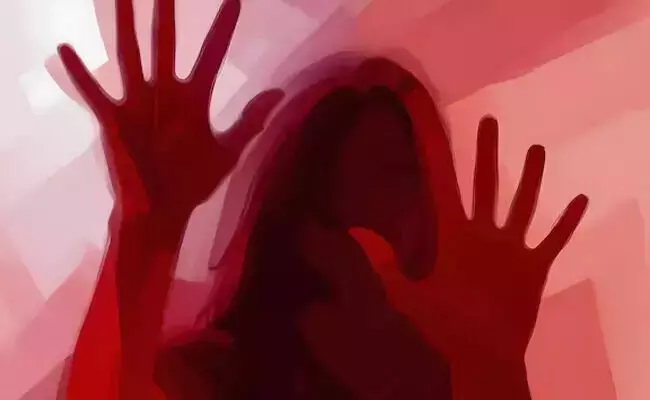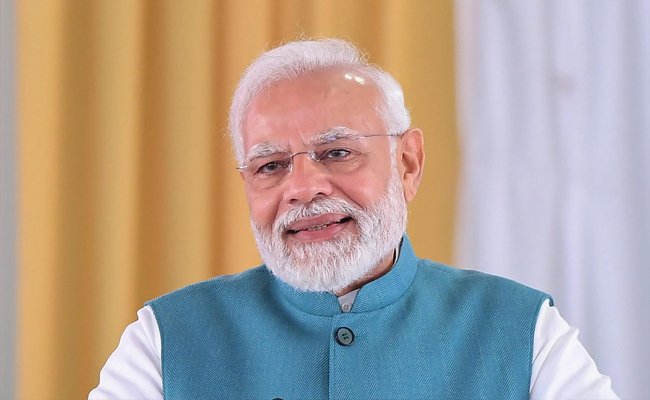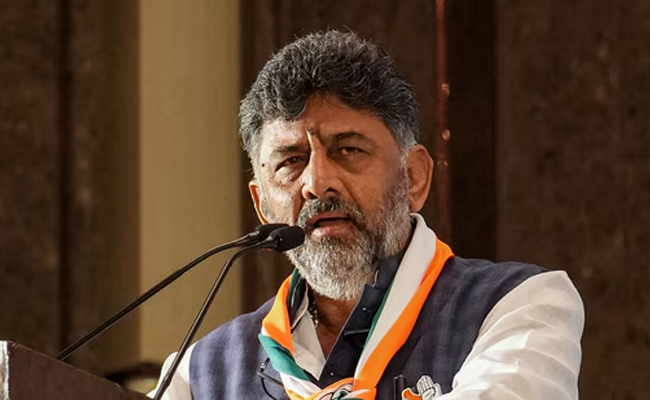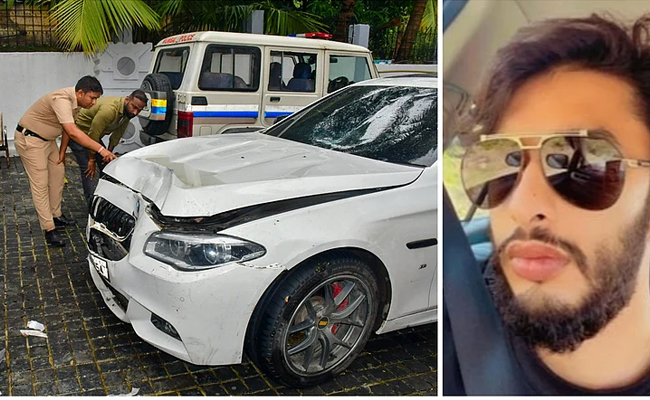Shimla: Himachal Pradesh Rural Development Minister Anirudh Singh has faced protests from his fellow Congress colleagues after he raised allegations that the Sanjauli mosque in Shimla was constructed illegally. Singh called for an investigation into the construction of the mosque and claimed that cases of "love jihad" had occurred in the area.
Singh questioned whether permission had been obtained before the mosque's construction. "They started the construction without approval. It was an illegal structure. First, one floor was built, then the rest followed," he said, adding, "They have a habit of engaging in illegal activities."
His remarks were met with strong opposition from other Congress leaders. MLA Harish Janartha denied there had been any prior tensions in the area, clarifying that the mosque was originally built before 1960. He admitted that three additional storeys were added illegally in 2010 on Waqf Board land, but stated that the unauthorized toilets had already been demolished. Janartha further alleged that some elements were attempting to escalate the issue.
State minister Jagat Negi emphasized that if illegal construction had occurred, strict action would be taken. Urban Development Minister Vikramaditya Singh urged that the issue not be politicized, stating, "We respect everyone's sentiments and will act with justice. The government will take action in accordance with the law… Politics should not be played in the name of religion. Let the law take its course."
The controversy over the Sanjauli mosque construction became a heated topic of debate in the Himachal Pradesh Assembly on Wednesday, where Chief Minister Sukhvinder Singh Sukhu addressed the matter. "People of all religions are respected in the state… Strict action will be taken against those who take the law into their own hands. The reasons behind this situation are being investigated," he said.
**Right-Wing Protest in Shimla**
Amidst the political row, several right-wing groups staged a large protest at Chaura Maidan in Shimla, near the Vidhan Sabha, on Thursday. The protestors demanded the demolition of the Sanjauli mosque. The demonstration was led by Dev Bhumi Shatriya Sangathan president Rumit Singh Thakur, who called for "Sanatan unity" and claimed people from across the state joined the protest.
The protest followed an attack on a businessman in the Malyana area on September 1, allegedly by individuals from the Muslim community. The incident led to local residents demanding the demolition of the mosque. Thakur alleged that outsiders were migrating to Himachal Pradesh in large numbers and called for the government to verify their identity and register their trades. He also said that the Chief Minister had assured him of action in the matter.
**CM Calls for Unity**
Chief Minister Sukhu, addressing the ongoing tensions, reiterated that all residents of Himachal Pradesh have equal rights. "Peaceful protests are permitted, but nobody will be allowed to take the law into their own hands," he stated, emphasizing his respect for all religions while calling for calm and adherence to legal processes.
Let the Truth be known. If you read VB and like VB, please be a VB Supporter and Help us deliver the Truth to one and all.
Gorakhpur (PTI): A hospital employee was booked for allegedly sexually assaulting a woman in the pretext of an ultrasound test here in the district women's hospital, police said on Saturday.
According to the complaint, the woman, a resident of the Gulriha area, visited the district women's hospital on Thursday morning for an ultrasound test.
She was directed to a room, where Abhimanyu Gupta was conducting ultrasounds. When her turn came, the accused allegedly stared at her and told her to remove all her clothes, claiming it was necessary for the test and that a massage would also be required, she said.
ALSO READ: UP: Girl kidnapped, raped multiple times over 25 days; accused held
The woman alleged that once she complied, the accused began making obscene advances and tried to force himself on her. When she screamed, he allegedly gagged her, abused her and threatened to kill her before pushing her out of the room.
She said her complaints within the hospital went unheard, forcing her to approach the police.
Taking cognisance of the complaint, the hospital administration constituted a three-member inquiry committee, officials said.
Senior consultant (paediatrics) Dr Jay Kumar said, "The woman has levelled serious allegations against a staff member. Senior officials have been informed, and a departmental inquiry is underway. Strict action will be taken if the charges are proved."
Kotwali Station House Officer Chatrapal Singh said a case has been registered, and efforts are on to nab the accused.

